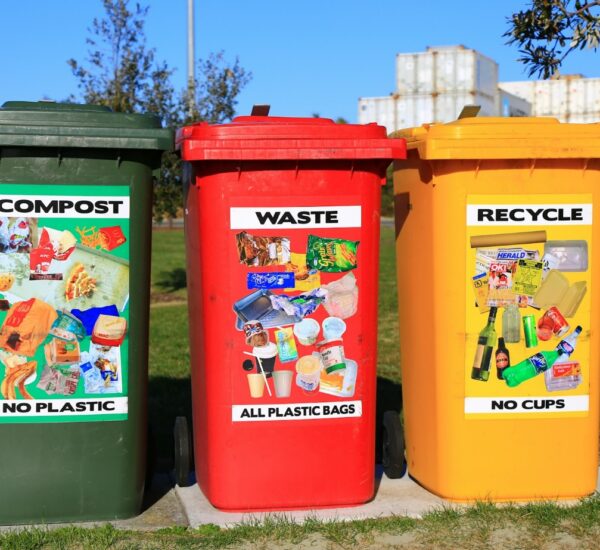IDB’s Water and Sanitation Division, the Multilateral Investment Fund (MIF), The Coca-Cola Company and AVINA, with support from the Bill & Melinda Gates Foundation, launched the first Latin American program to integrate waste collectors into the formal recycling market
Various researchers estimate that between 400, 000 and 4 million people in Latin America and the Caribbean (LAC) survive of recycling activities, in unhealthy and dangerous working conditions. Recycling work yields both environmental and monetary benefits, since it helps to reduce waste and allows industry to reuse recyclable materials, improving the post-consumer effect of their products. Thus the activity done by those who collect materials for recycling is a valuable service, particularly in urban areas that generate large volumes of waste.
The process of organizing recyclers is at different stages in the various countries of the region. There are incipient informal groups, and in some places that are large groups organized into cooperatives, which are in turn associated with national entities that represent them. There are currently six national recyclers movements and the Latin American Network of Recyclers is growing in 14 countries of the region.
While informal recyclers can be responsible for up to 90% of the materials that are separated and recycled, these individuals only receive a small fraction of what is earned by the intermediaries who sell the materials. Their inclusion and/or participation in the formal municipal waste management system would not only solve their economic and related social problems, it would also strengthen municipal waste management.
Through its Water and Sanitation Initiative and the Multilateral Investment Fund (MIF), and together with the AVINA Foundation and The Coca-Cola Company, and with support from the Bill and Melinda Gates Foundation, the IDB launched a Regional Initiative for the Economic and Social Inclusion of Recyclers during the VIII Inter-American Conference on Corporate Social Responsibility. The Initiative has an US$8.4 million dollar fund and is based on the experiences of projects in the region. It seeks to help incorporate recyclers into formal municipal or private waste management systems, to transform the recycling market, and to improve the socio-economic conditions of informal recyclers and their families in LAC.
During the launching, IDB’s Water and Sanitation Division Chief, Federico Basañes, made it clear that the Bank considers social inclusion of informal workers to be very important: “The last 20 years in Latin America have shown that informal workers must be included as an integral part of municipal solid waste management systems, in a process lead by the municipality itself, to achieve economic sustainability for this kind of work.”




